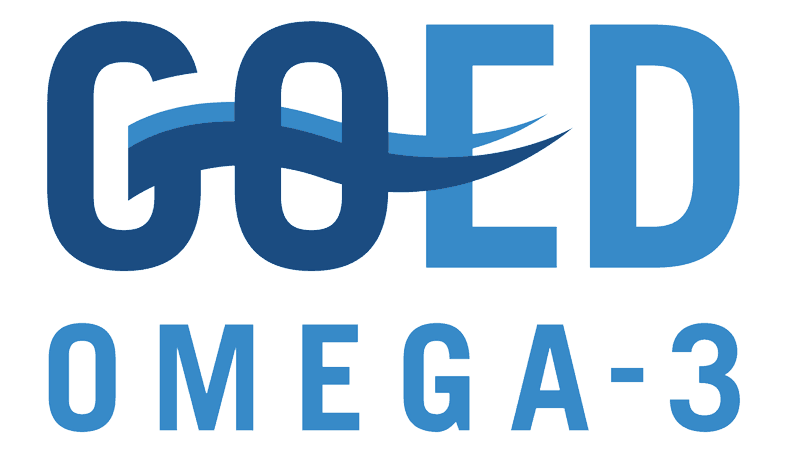GOED published the paper to provide transparency into the methods used for creating the database and collecting the data using established best practices. All data included was and continues to be extracted and reviewed by independent research assistants not affiliated with GOED, according to a press release. The process includes built-in verification and correction procedures to ensure the information remains free from conflicts of interest,, GOED shared. This ensures the database's scientific integrity.
“We believe that having a peer-reviewed publication detailing the CSD methodology improves the credibility of the database,” said Aldo Bernasconi, Ph.D., GOED's Vice President of Data Science and lead developer of the CSD, in the release. “We hope that by validating and describing our data extraction and processing methods, scientists will be more inclined to trust the tool and employ it as part of their research-gathering.”
Research on EPA & DHA Omega-3s is an Active Field
GOED shared that there are more than 45,000 journal articles published to date. Each month, 200 to 250 new papers are published each month. By cataloging and navigating this research, GOED said the CSD allows scientists and companies to:- Identify gaps in EPA and DHA omega-3 research.
- Perform literature searches for systematic reviews and meta-analyses.
- Gather information for scientific outreach.
- Substantiate marketing messaging and regulatory claims.










